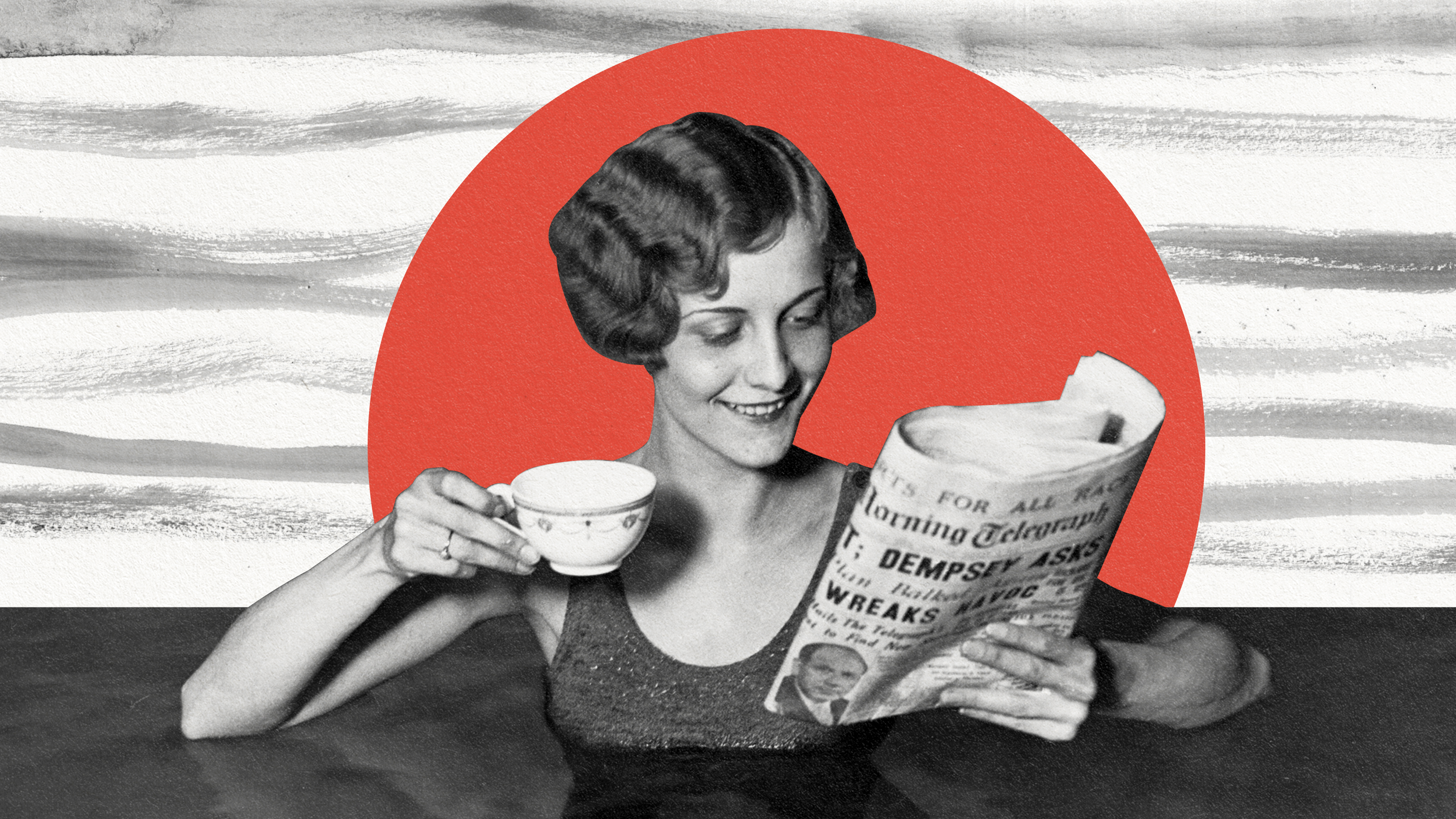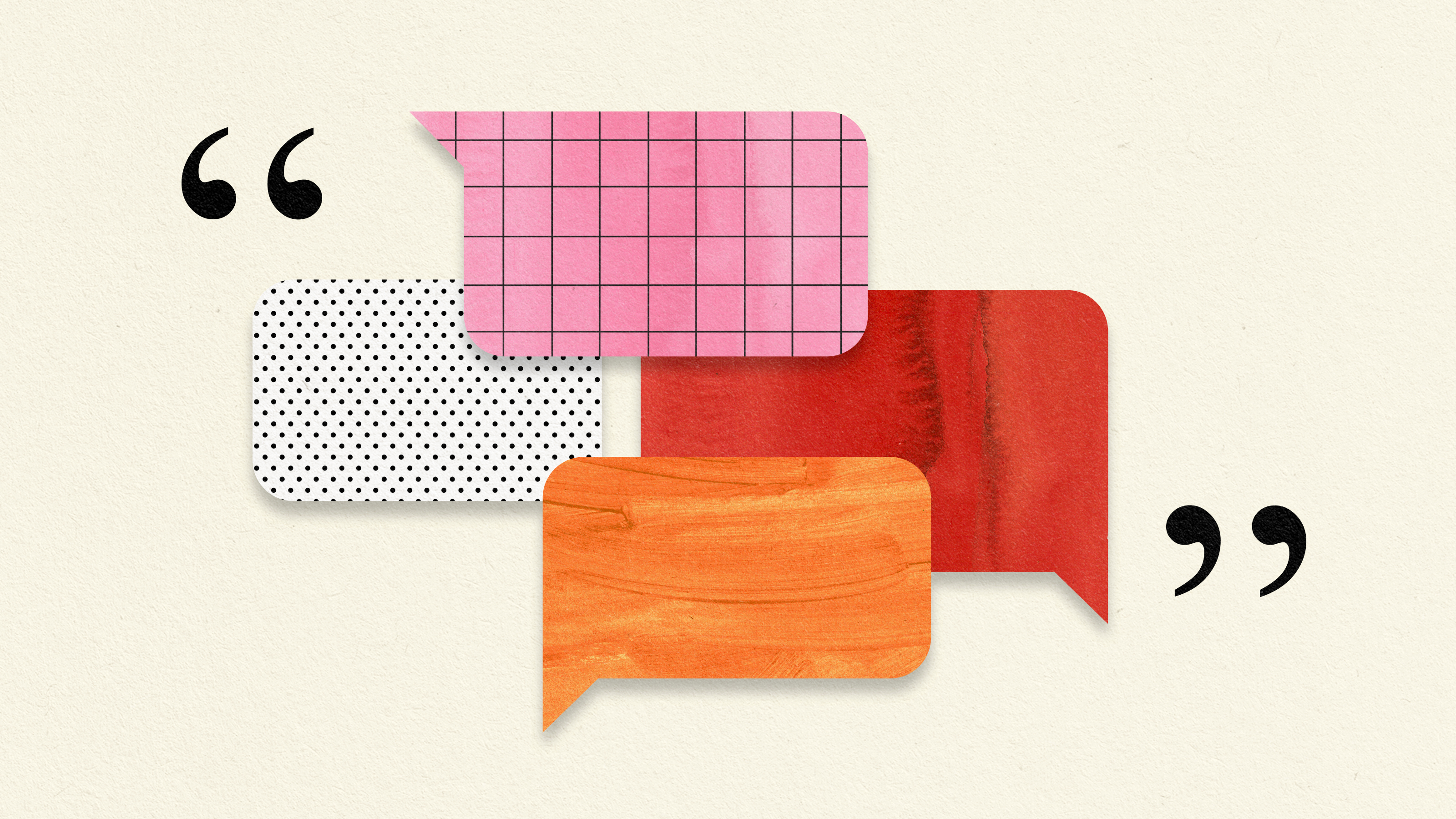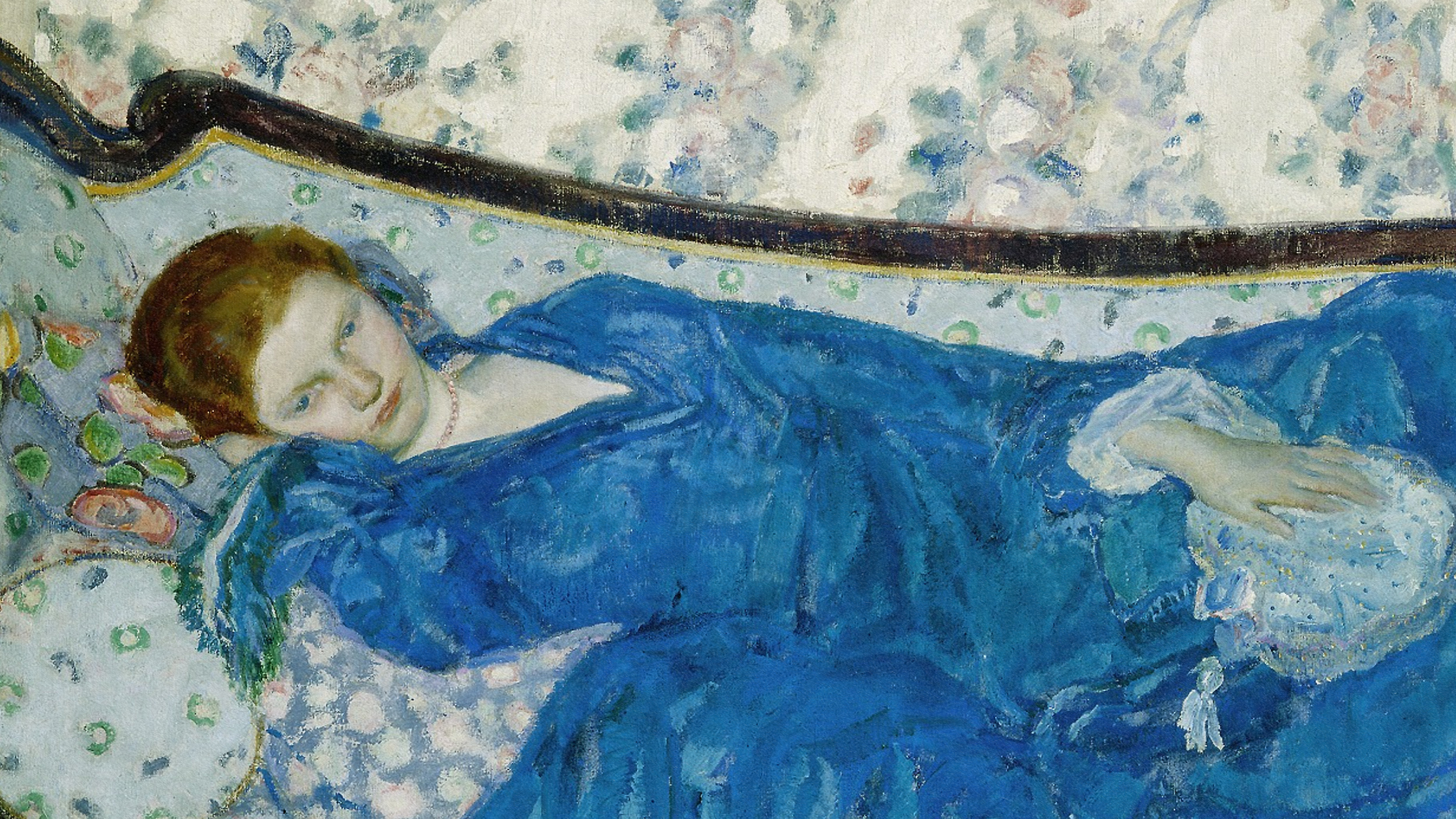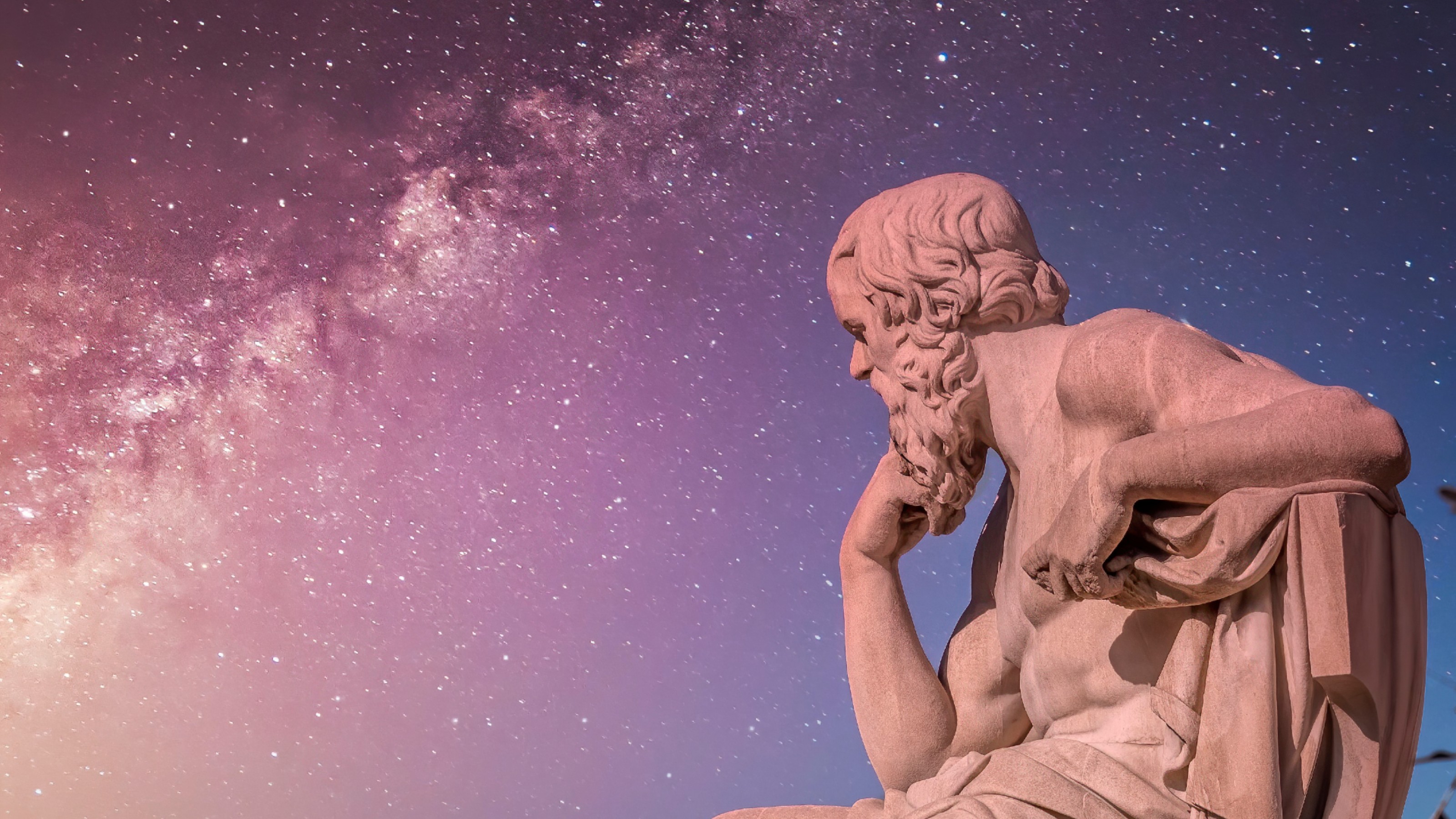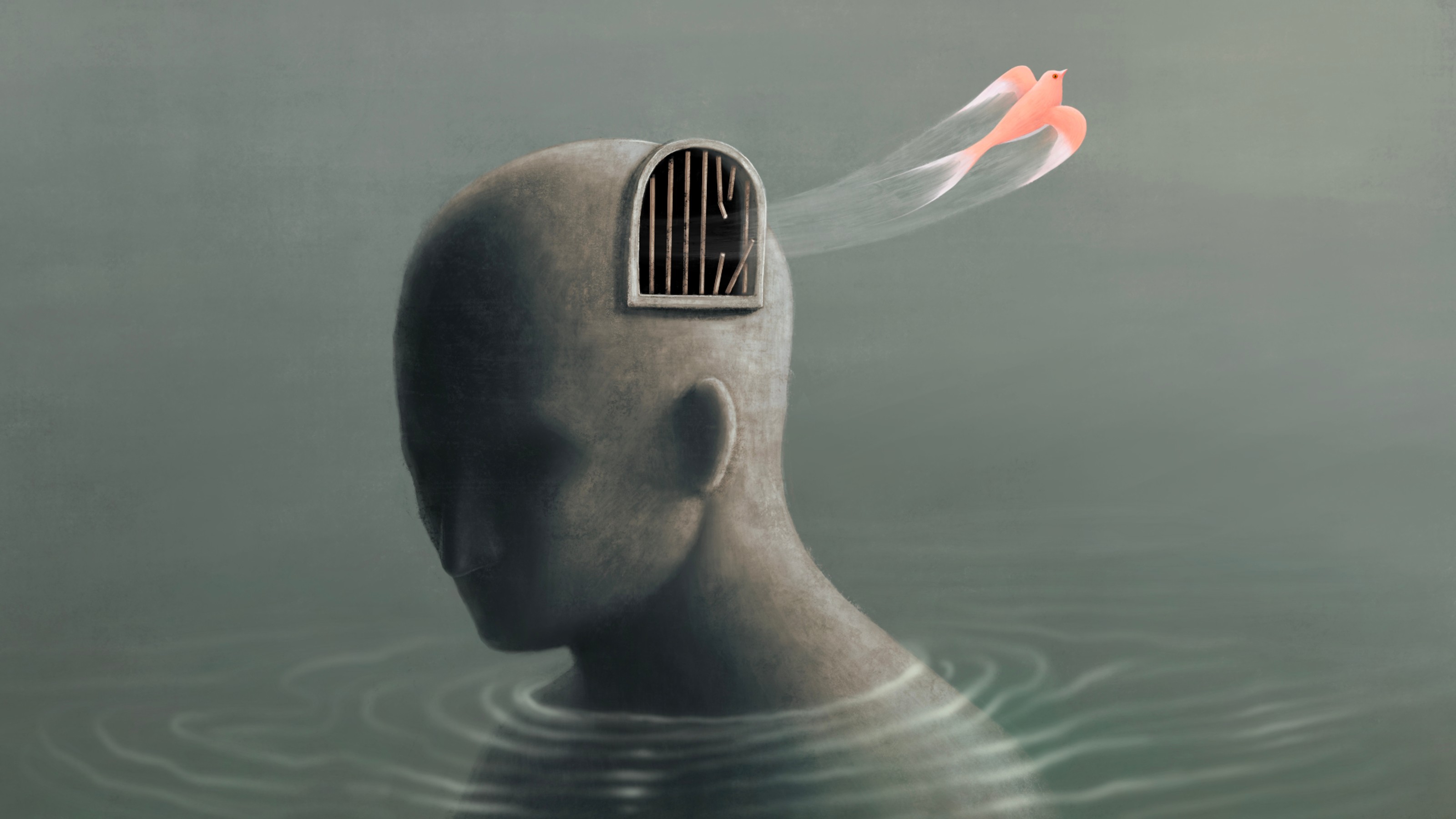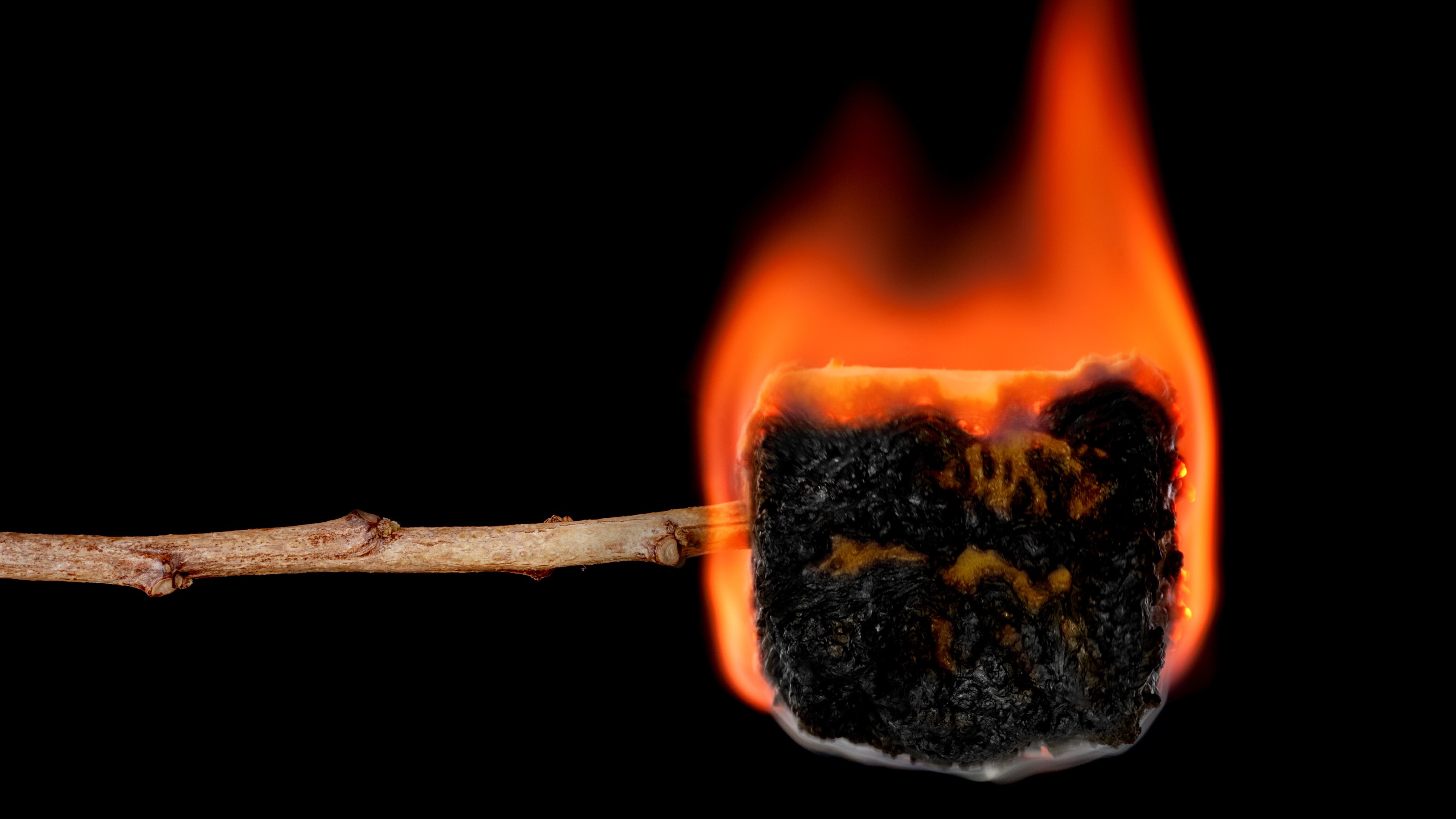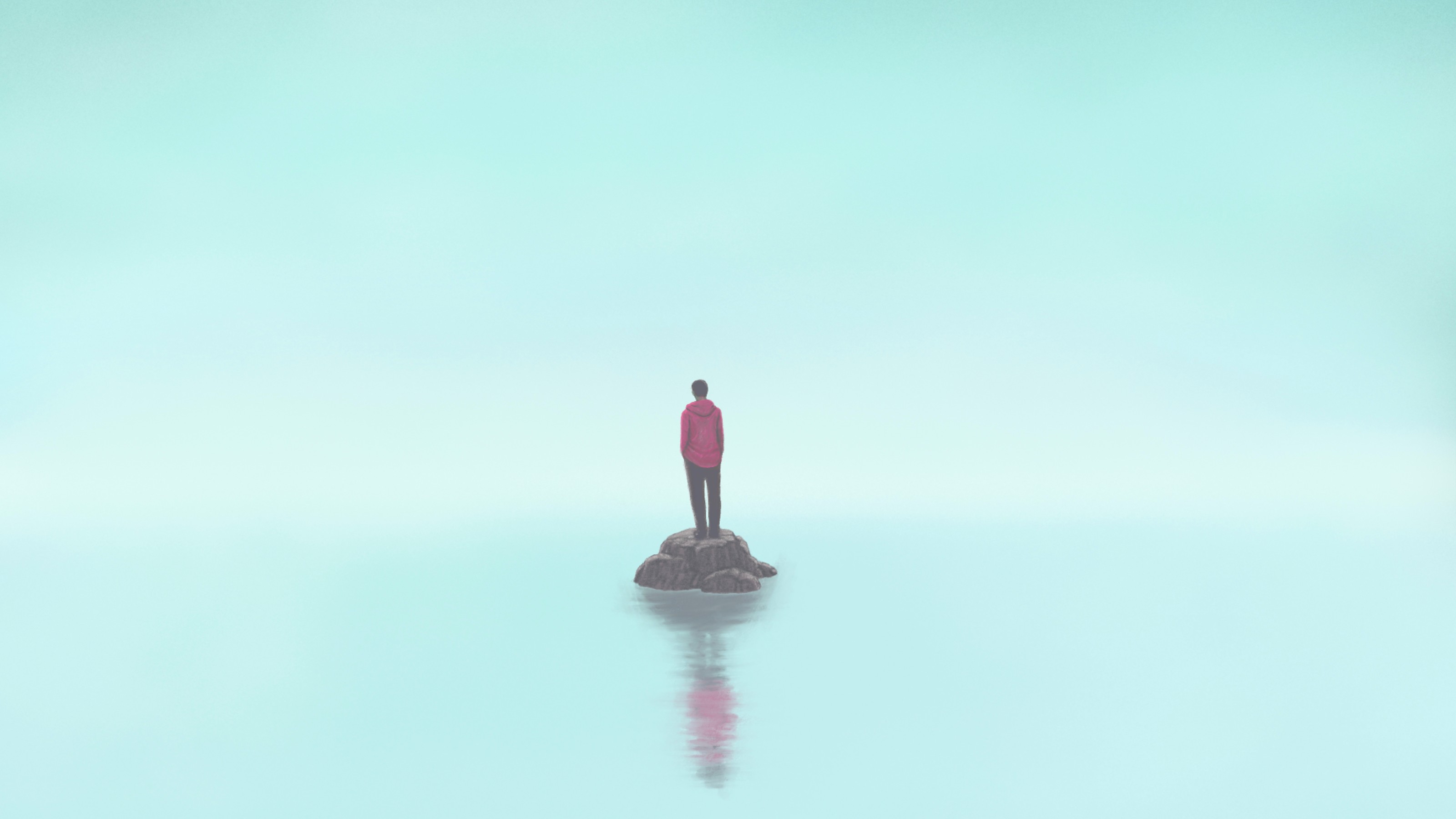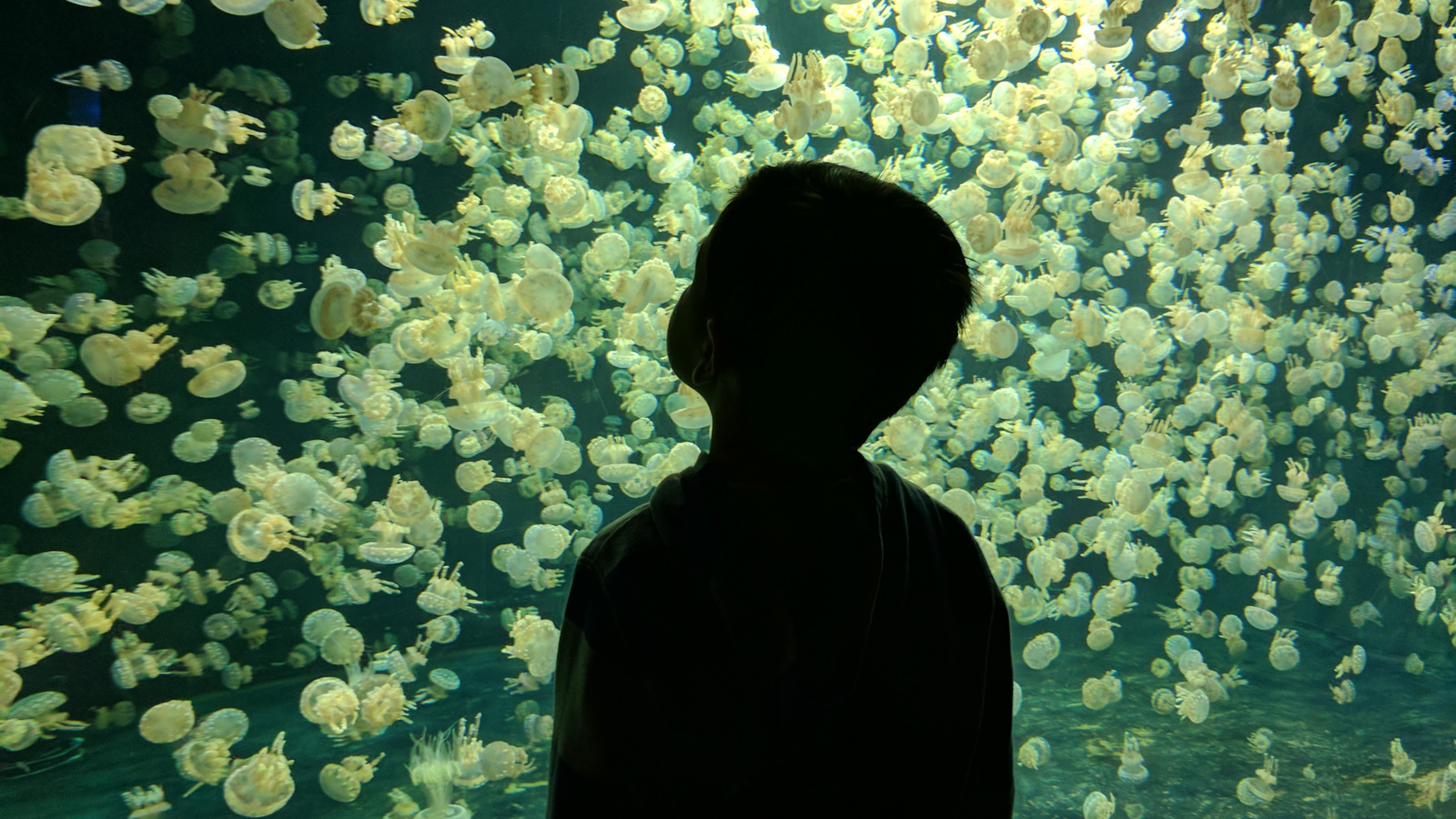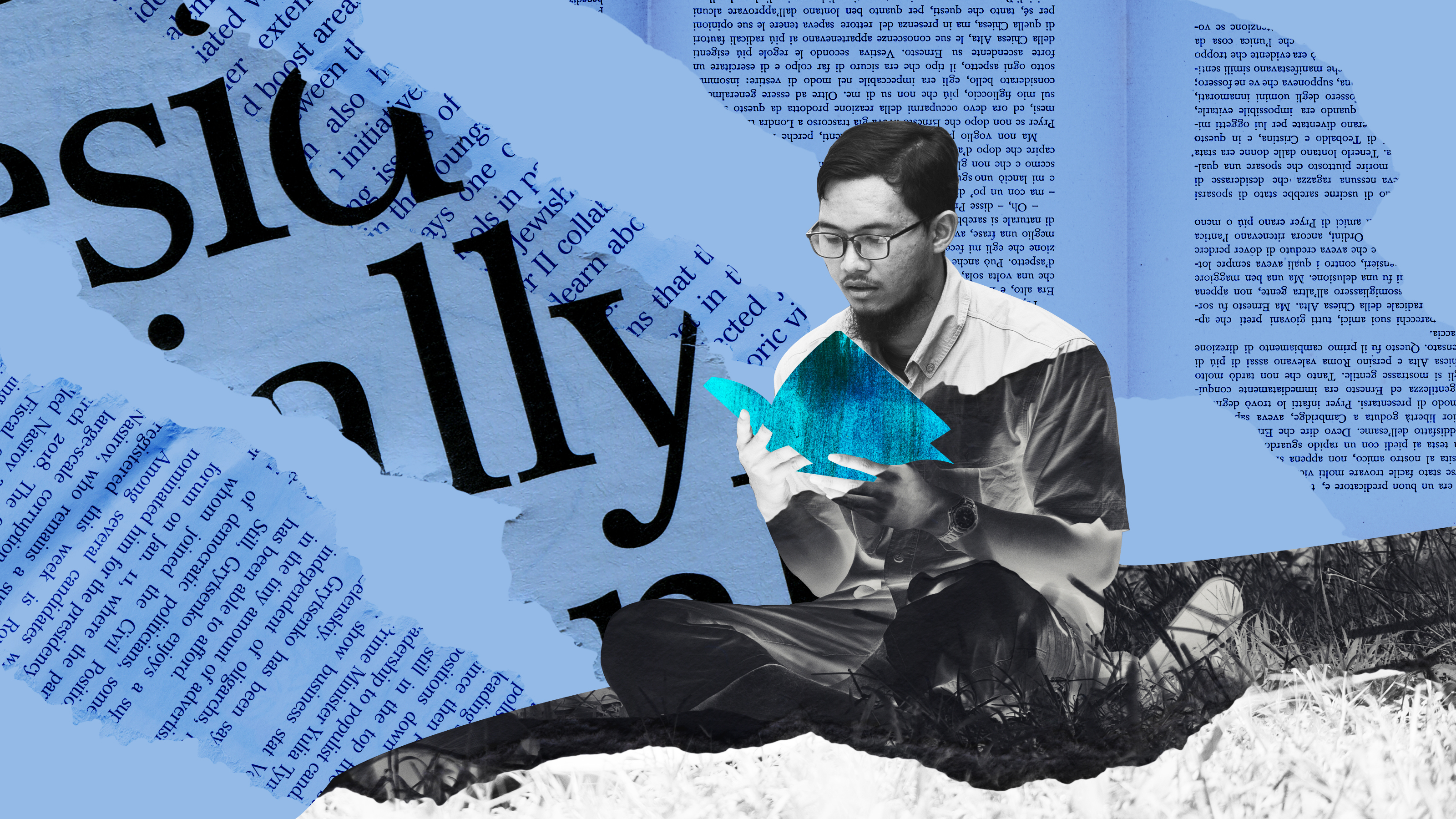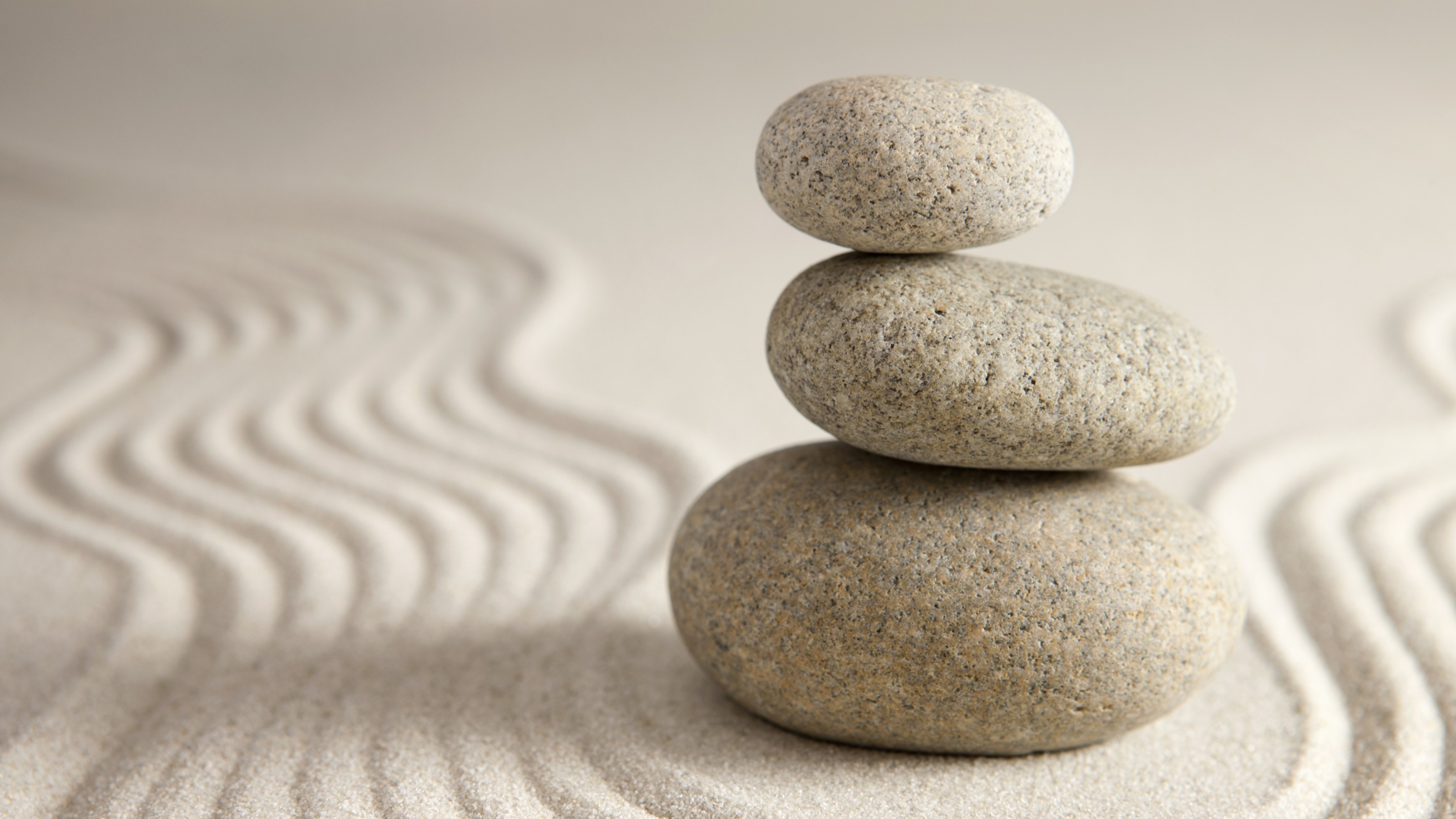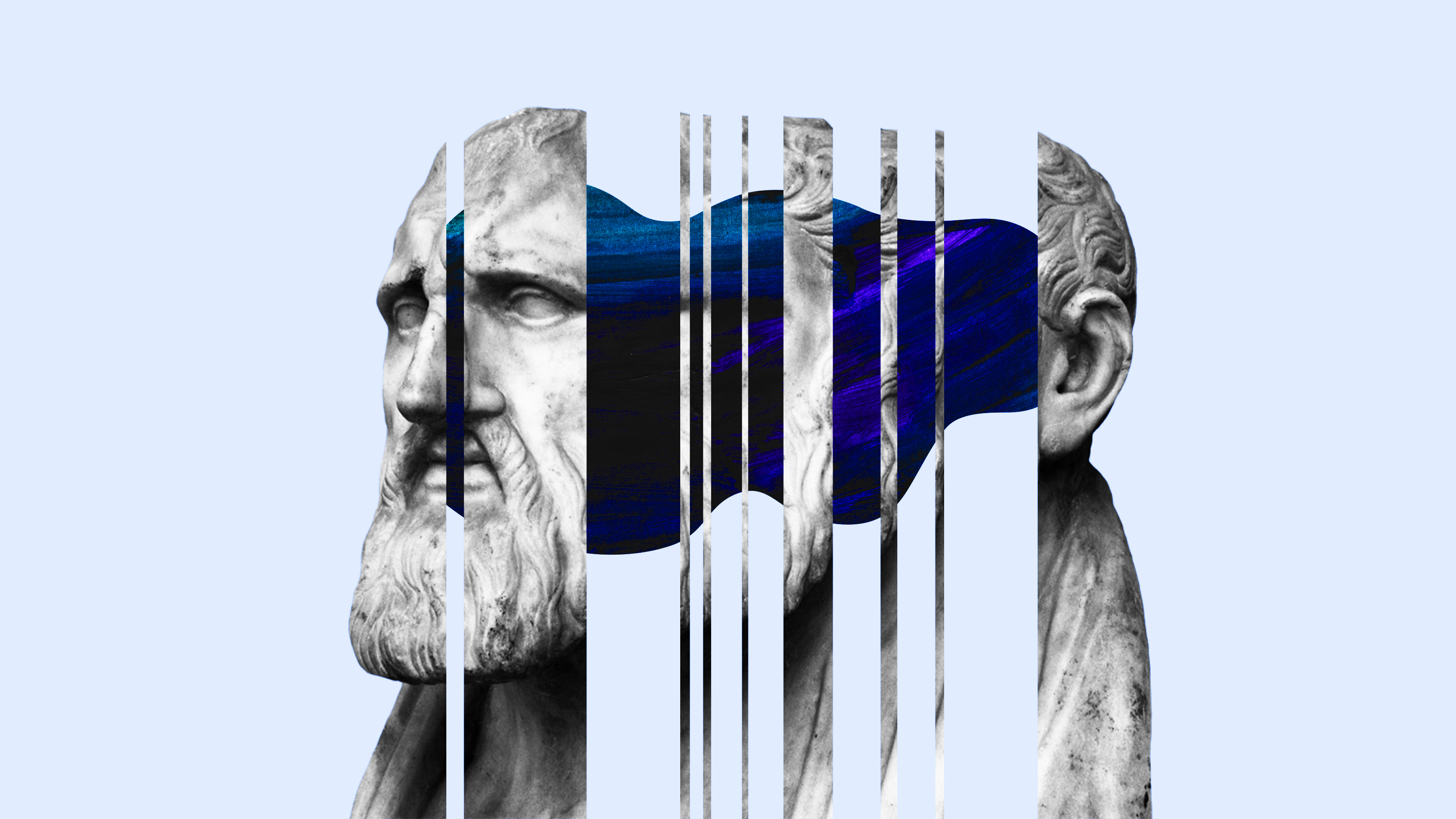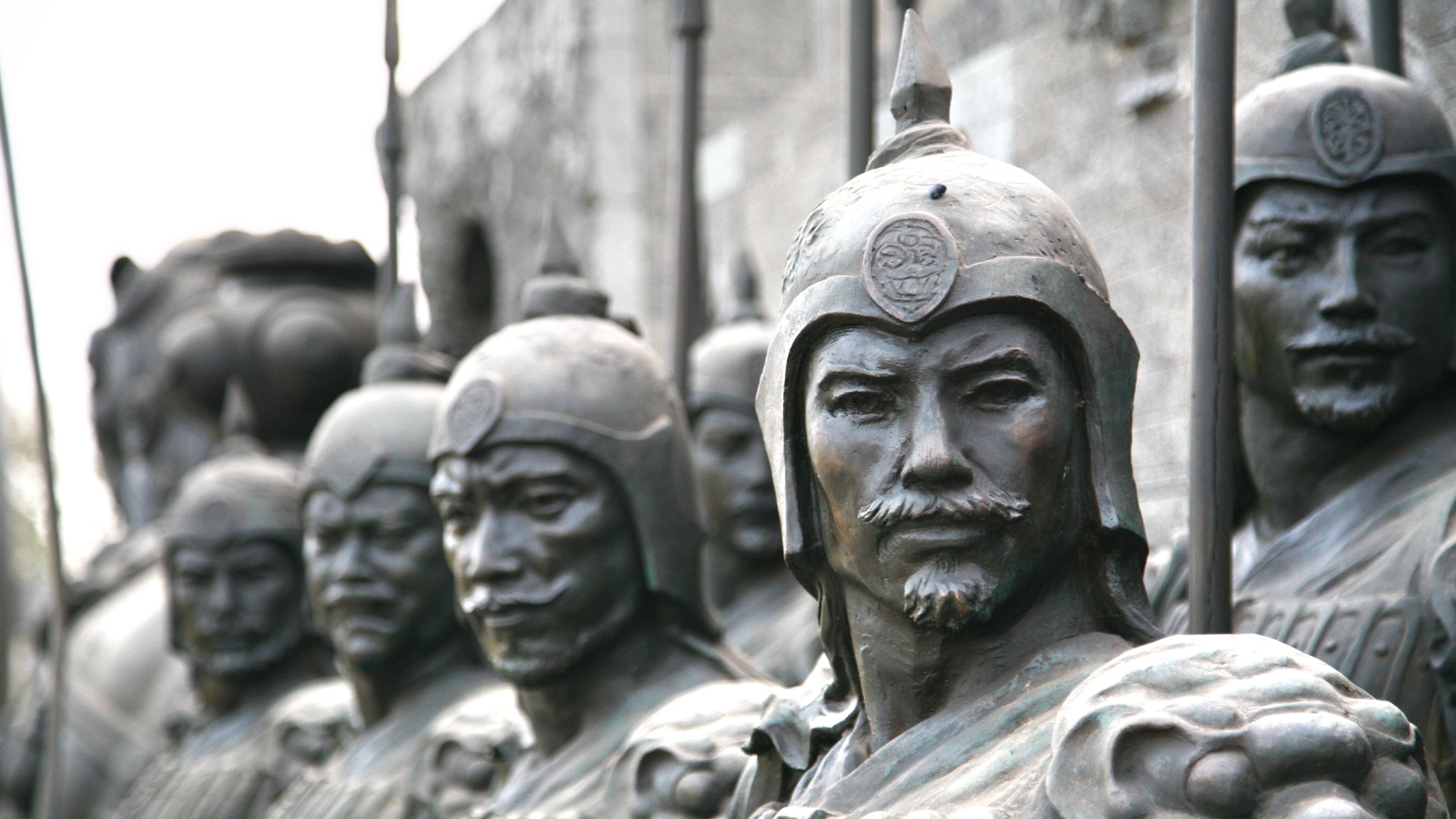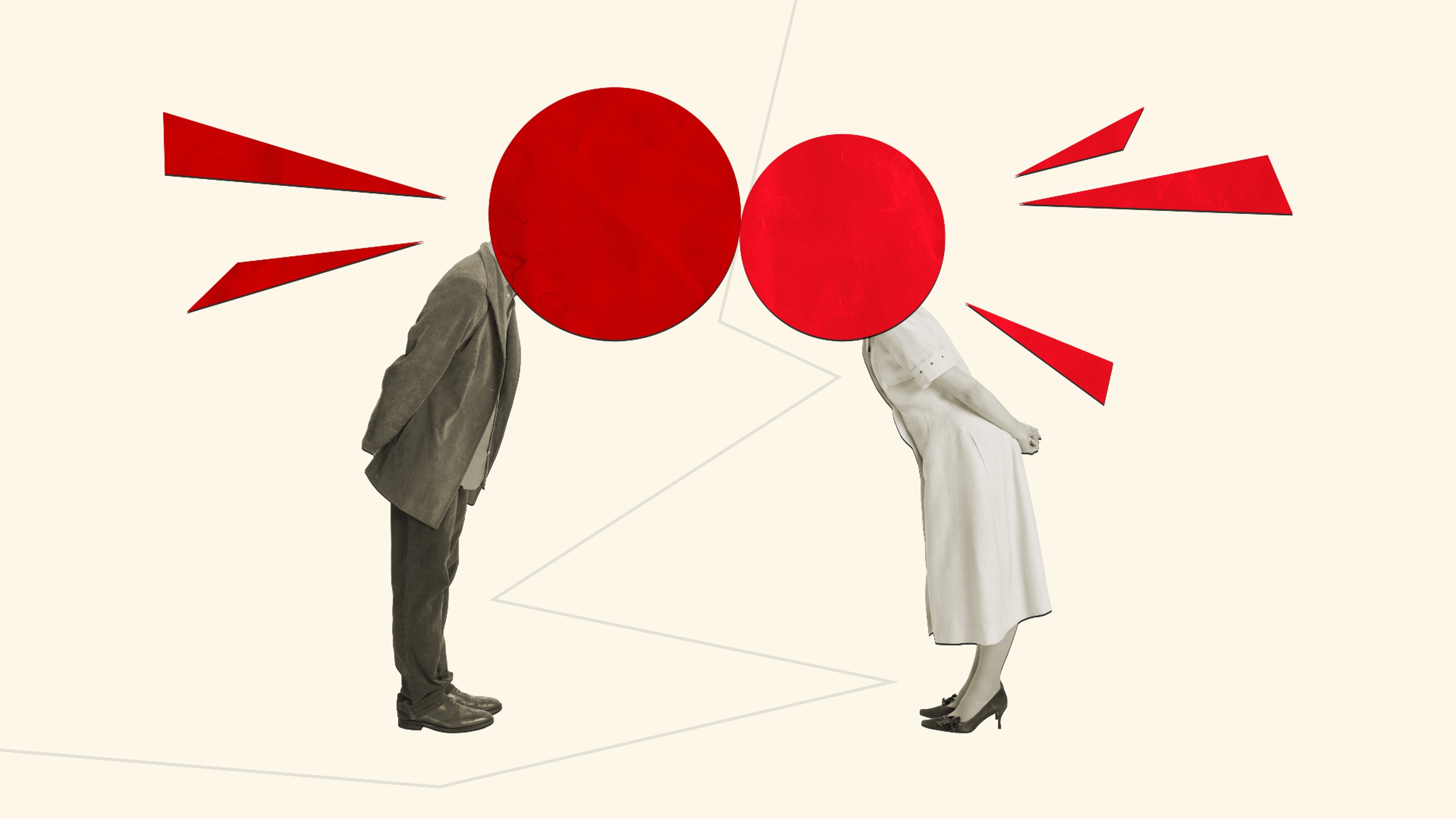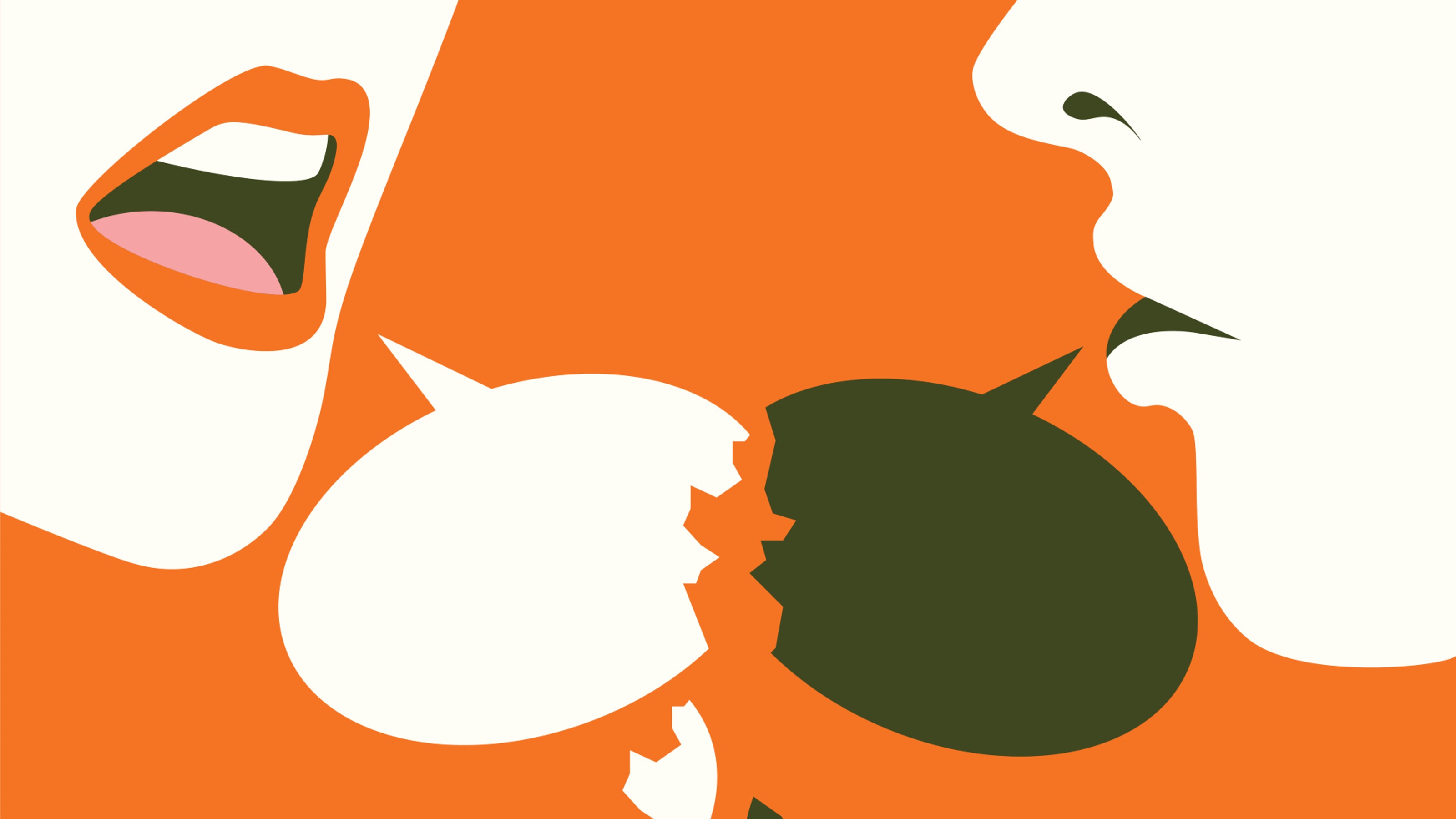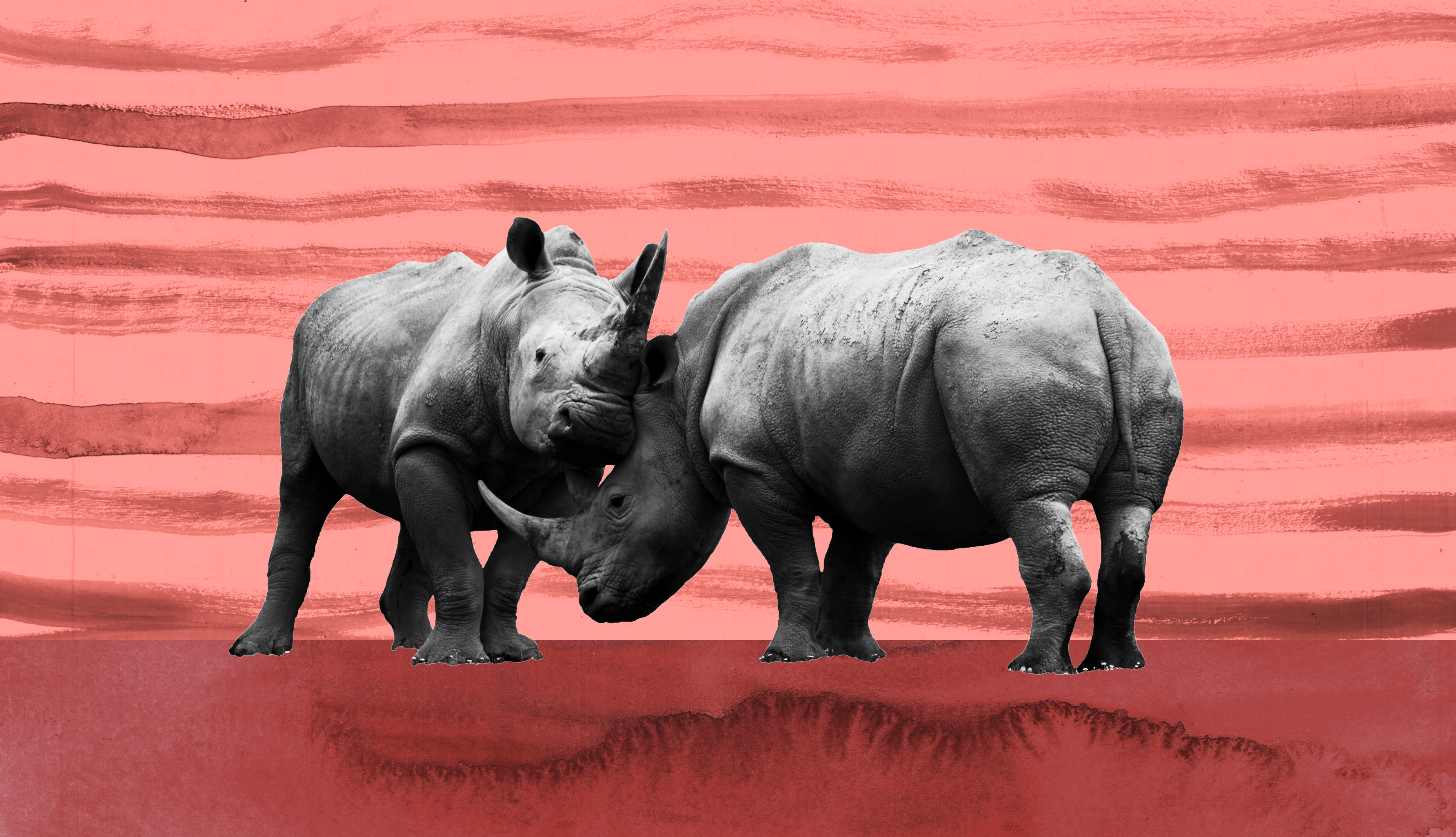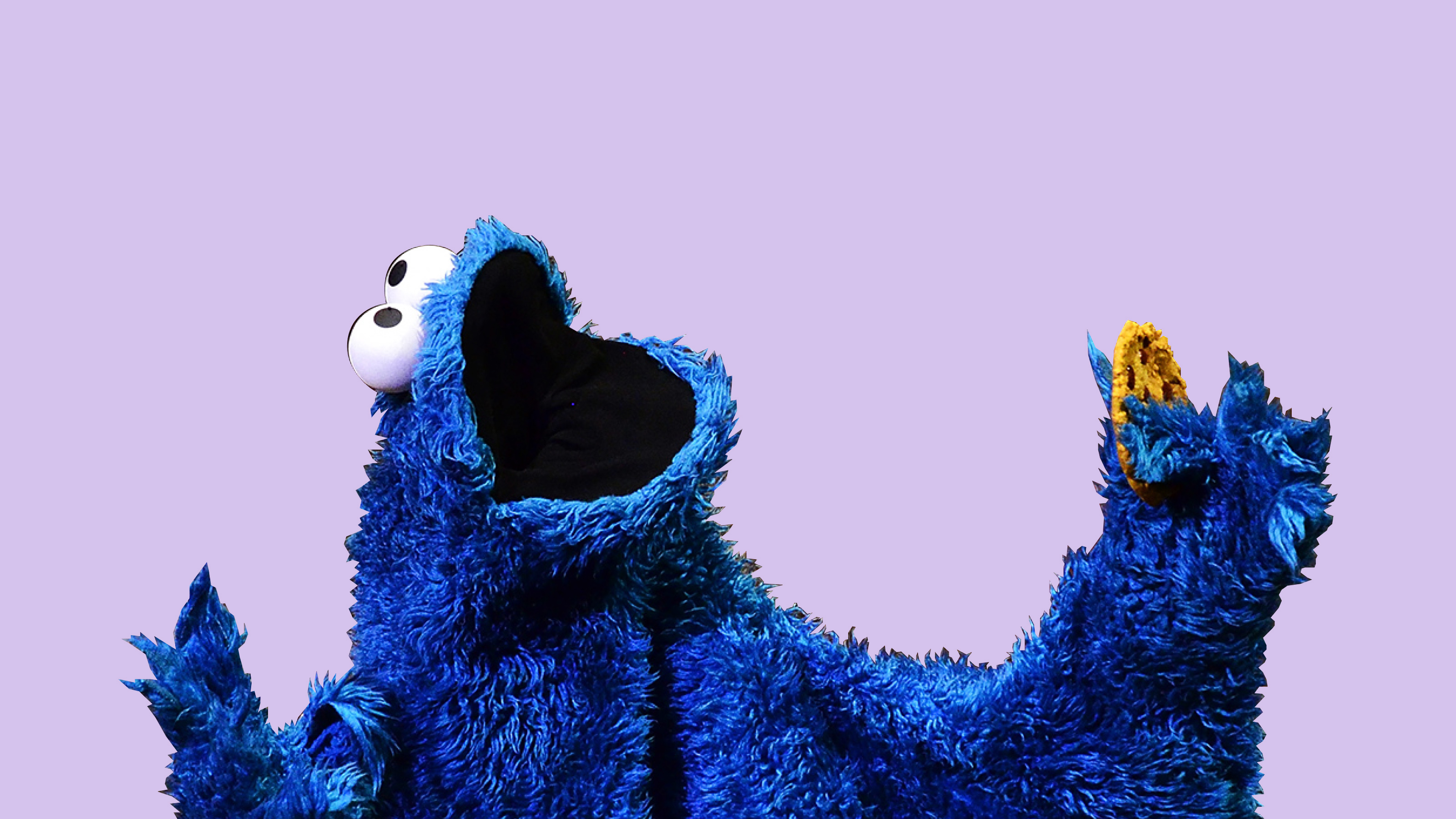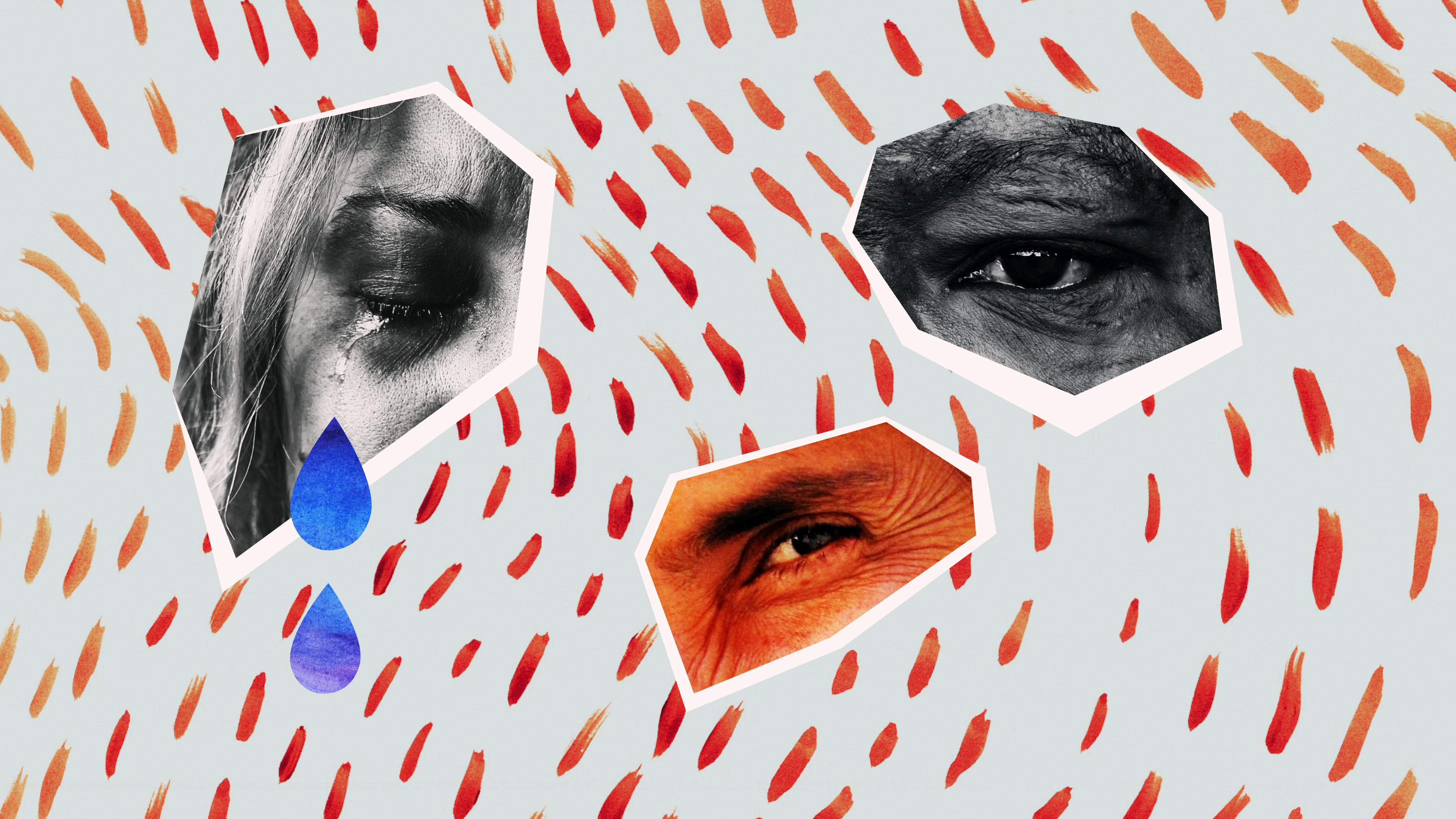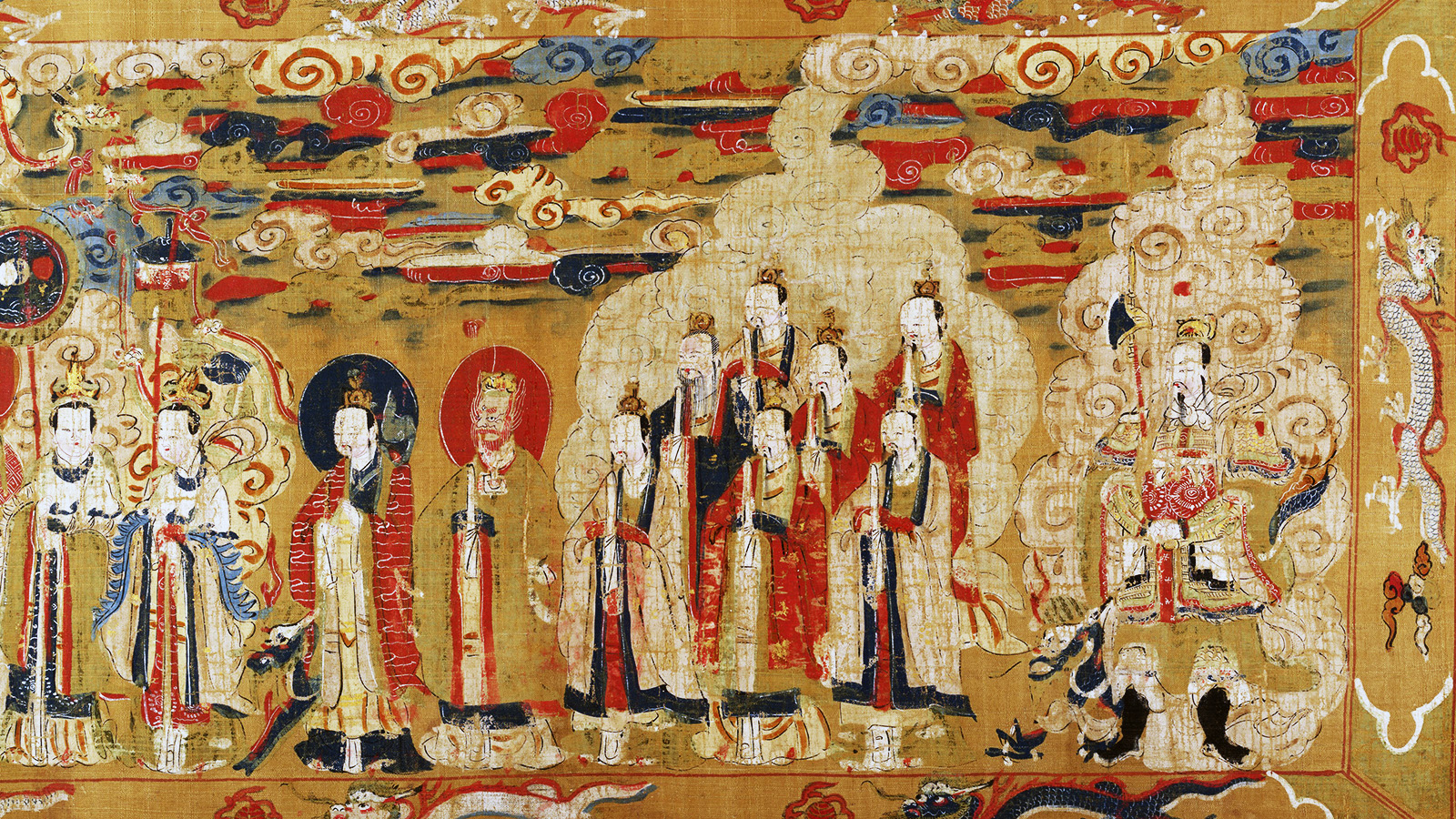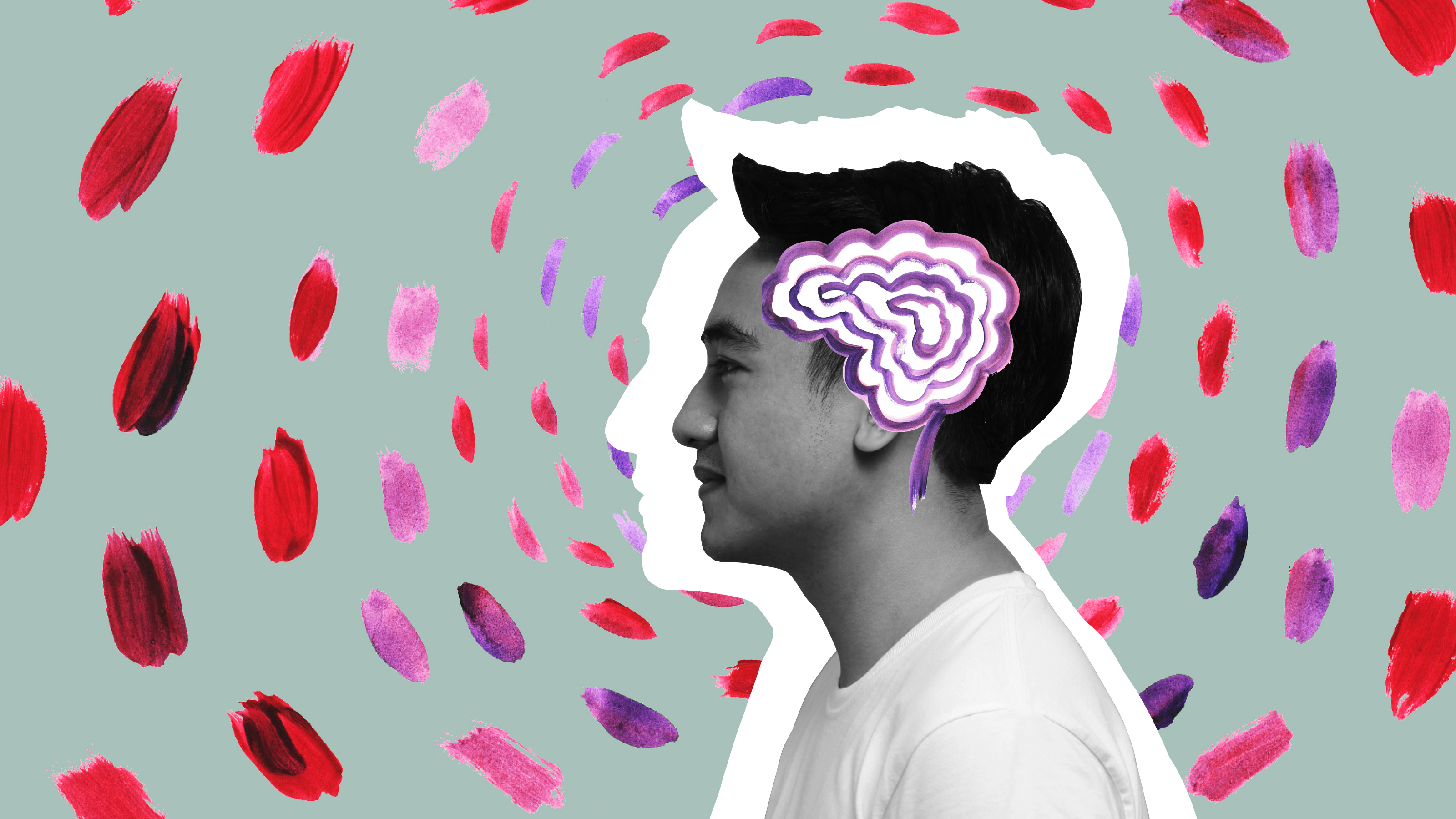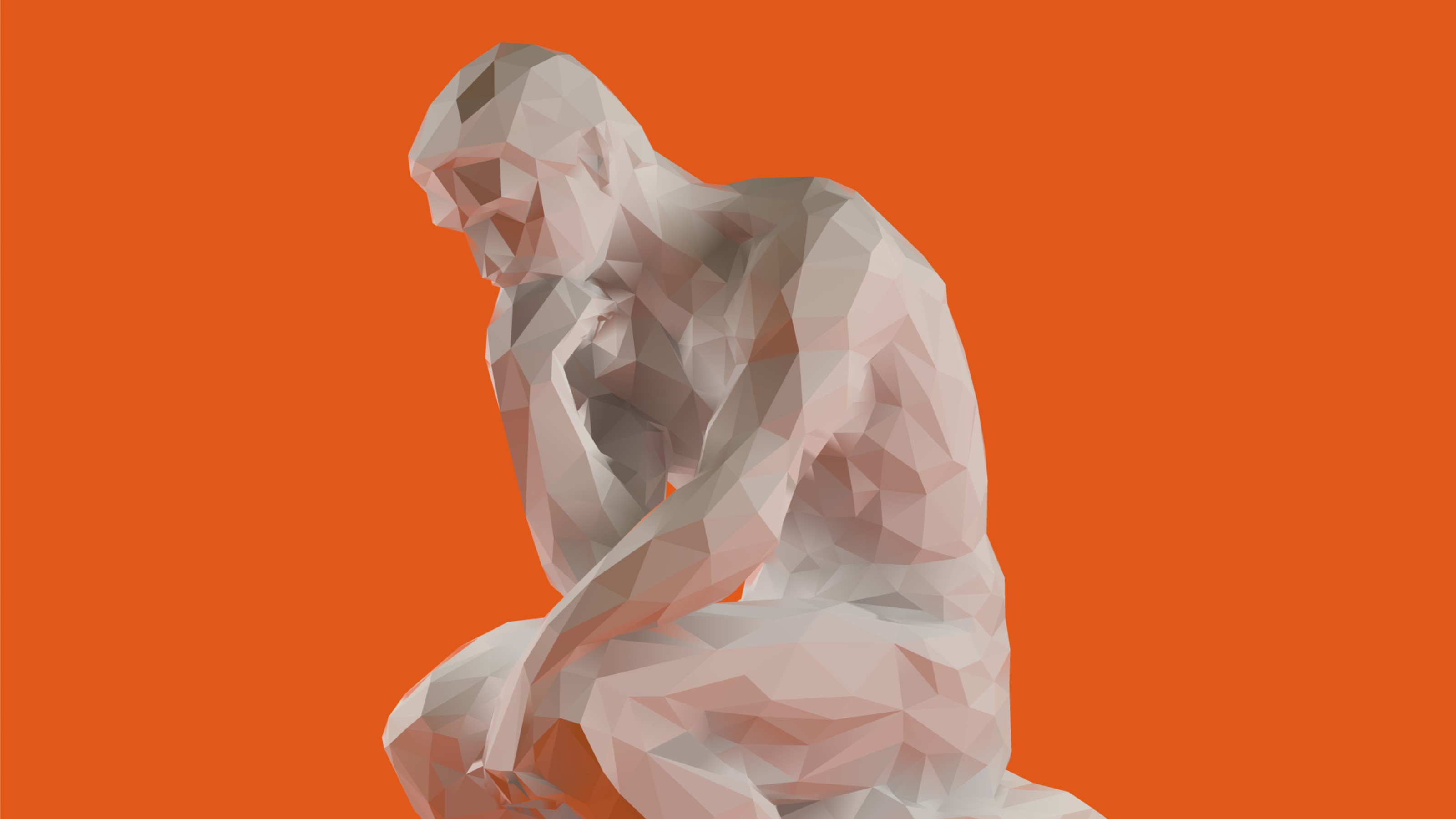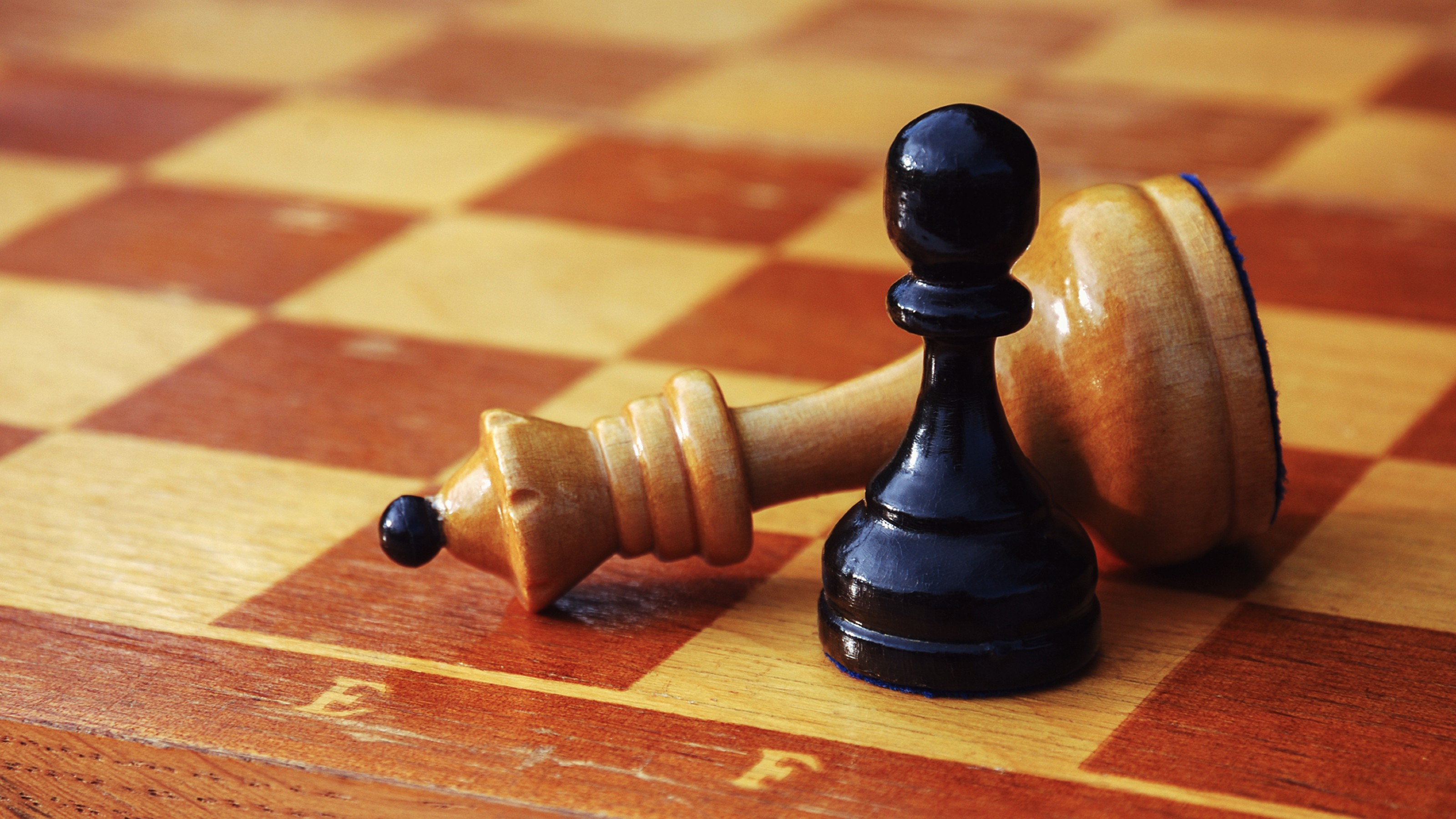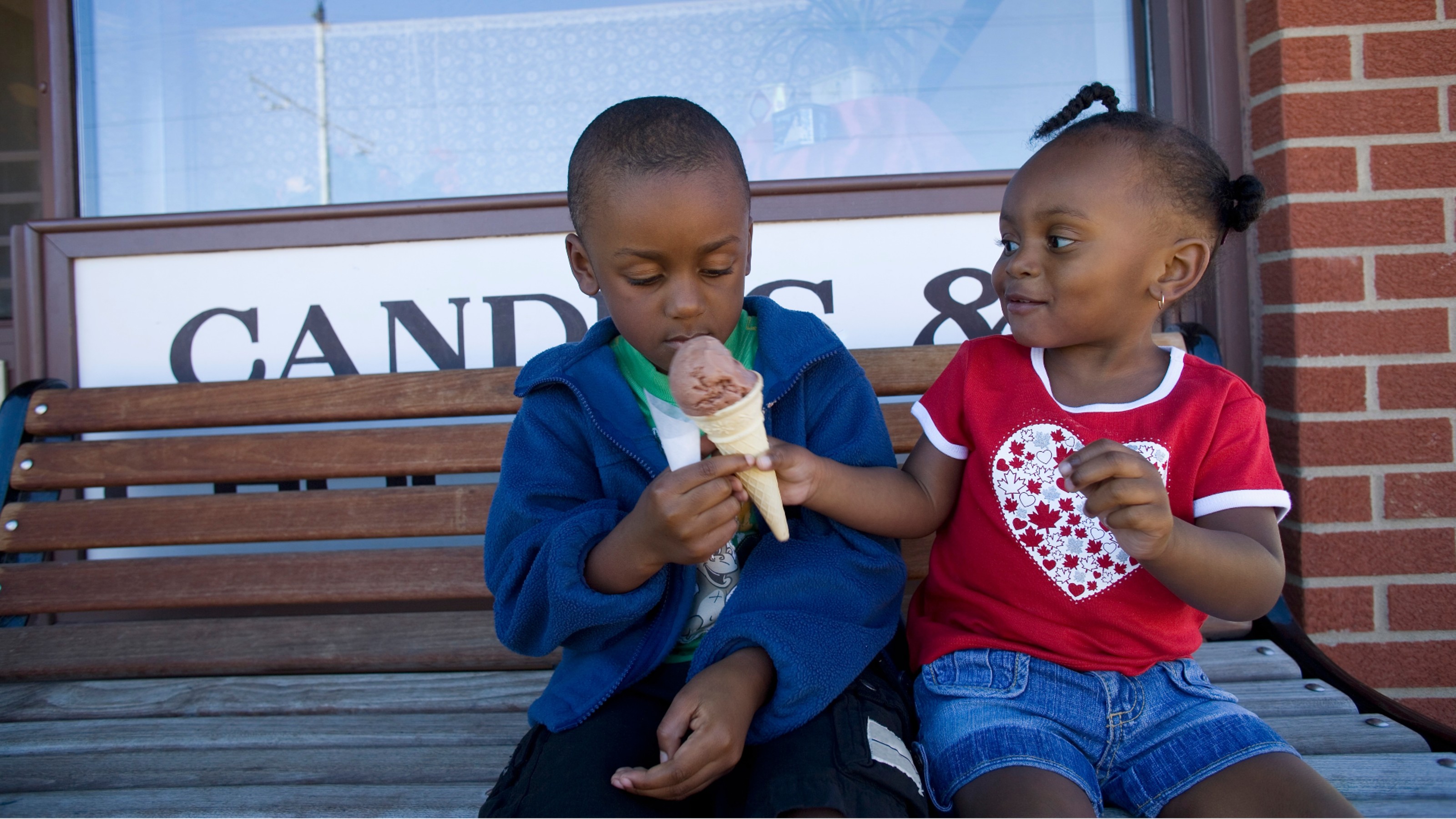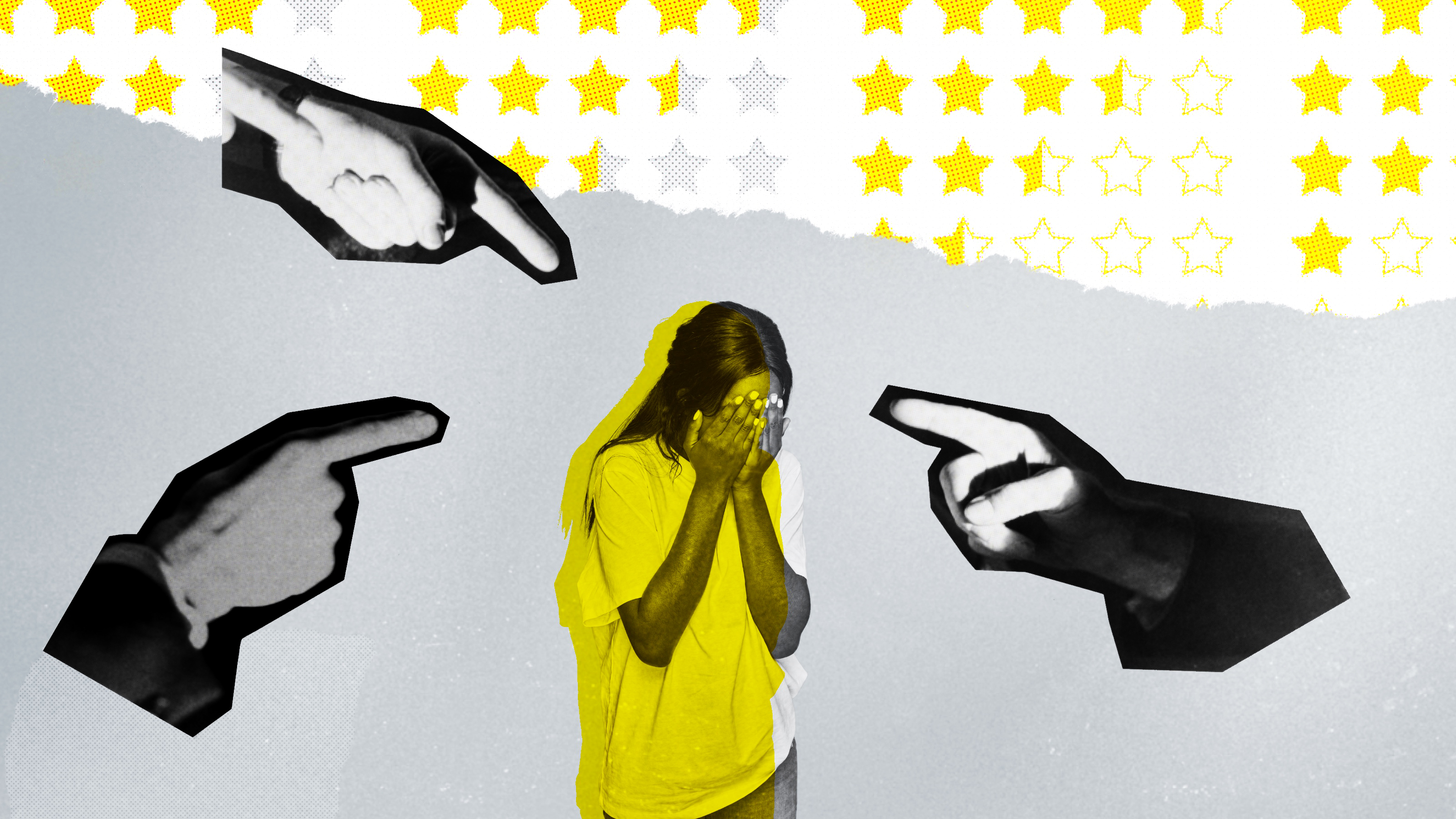The Learning Curve
Build your life better, smarter
Big Think and Big Think+ present The Learning Curve, a place where lifelong learners can find expert-led, science-backed advice for building their careers, improving their relationships, and living life to the fullest. Discover new strategies for tackling the relevant challenges and significant problems you face today.
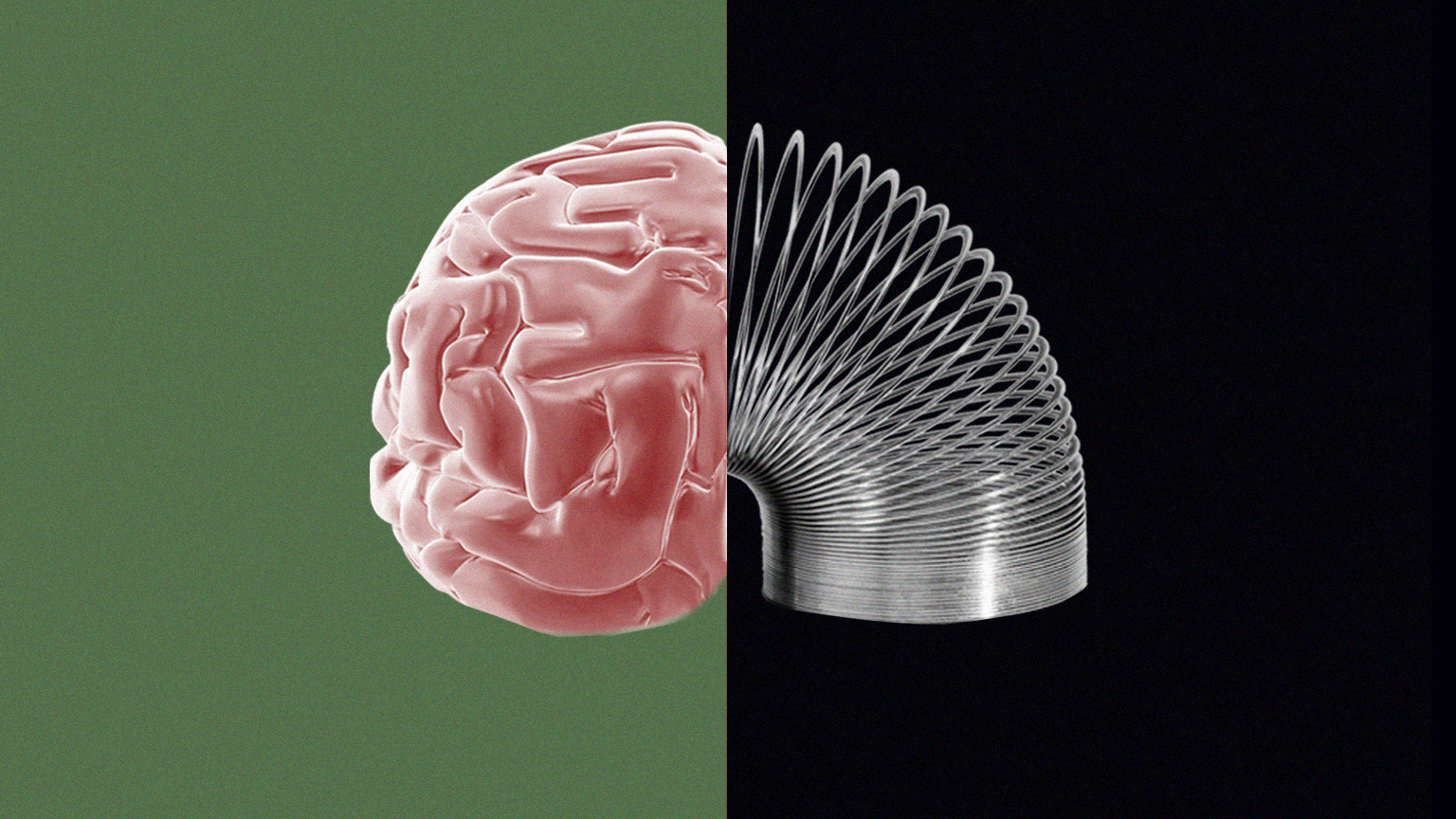
All Stories
We can no longer approach the news as passive consumers.
Scott Dikkers discusses comedy, the creative process, and life lessons learned playing peekaboo.
When a whoopsie-daisy just won’t cut it.
“Human connection is as threatened by unhealthy peace as it is by unhealthy conflict.” —Priya Parker
The National Suicide Prevention Lifeline relaunched last year with a new number, yet few Americans are aware of the helpline and its purpose.
Impossible standards and poor self-understanding are making us miserable.
Philosophers Massimo Pigliucci and Greg Lopez discuss how Stoicism can help us gain perspective on our emotions and act with intention in the world.
Meditation can put you in a wiser relationship with life.
The replication crisis has debunked many of psychology’s fair-haired hypotheses, but for the marshmallow test, things have only become more interesting.
Claims of a “loneliness epidemic” aren’t based on robust data. Loneliness might be a problem, but it’s not worse than it was in the past.
Despite a reputation for catastrophe and cat killings, curiosity is a beneficial drive that improves our lives and well-being.
Reading classic books can inform you as much about the present as the past.
Nagomi helps us find balance in discord by unifying the elements of life while staying true to ourselves.
Journaling helped Marcus Aurelius cultivate the emotional intelligence necessary to steer Rome through turbulent times.
Though Sun Tzu’s “The Art of War” is a classic military treatise, its advice applies to all manner of conflict.
There are three barriers we need to overcome to have better, more productive arguments.
Awe-inspiring moments can be found in our daily lives, and they have surprising benefits for our health and sense of well-being.
Arguments don’t have to be about winning or losing; they can help us build trust despite disagreeing.
High-conflict people are found in all walks of life. Learning how to identify them, and what to do next, can save you much emotional turmoil.
As Abraham Lincoln famously said, “If you want to test a man’s character, give him power and a plate of cookies.” (Something like that.)
When it comes to handling our emotions, we can’t afford to be none the WISER.
“The Tao of the wise is to work without effort.”
This is your brain on work.
An innovation’s value is found between the technophile’s promises and the Luddite’s doomsday scenarios.
Research shows that spending more time on social media is associated with body image issues in boys and young men.
Everyone loves a good underdog story, but the lessons we derive from them depend on how they’re told.
Success is about give and take — with a little more give.
The golden rule of self-compassion: Treat yourself with the same kindness you treat others.
